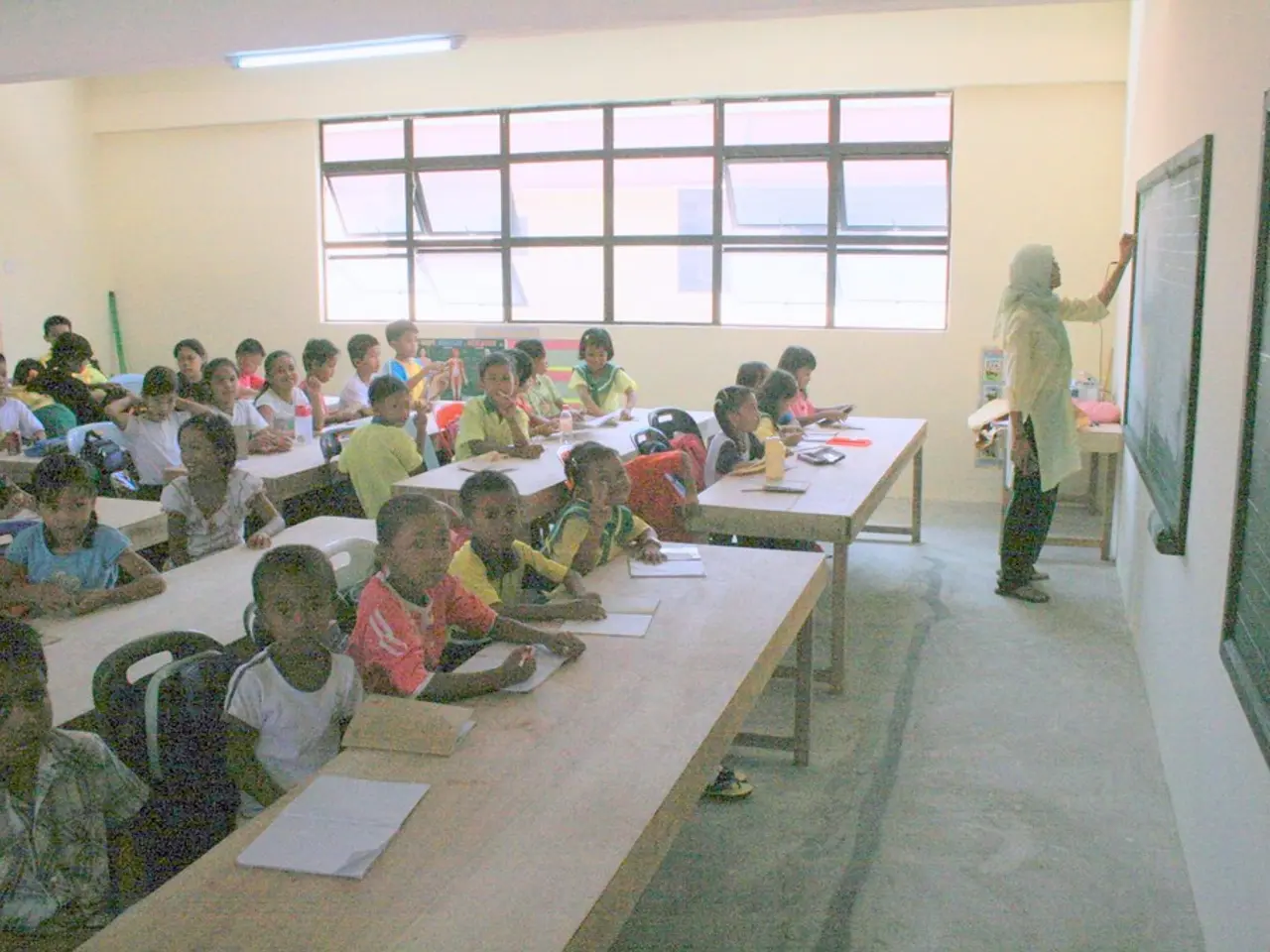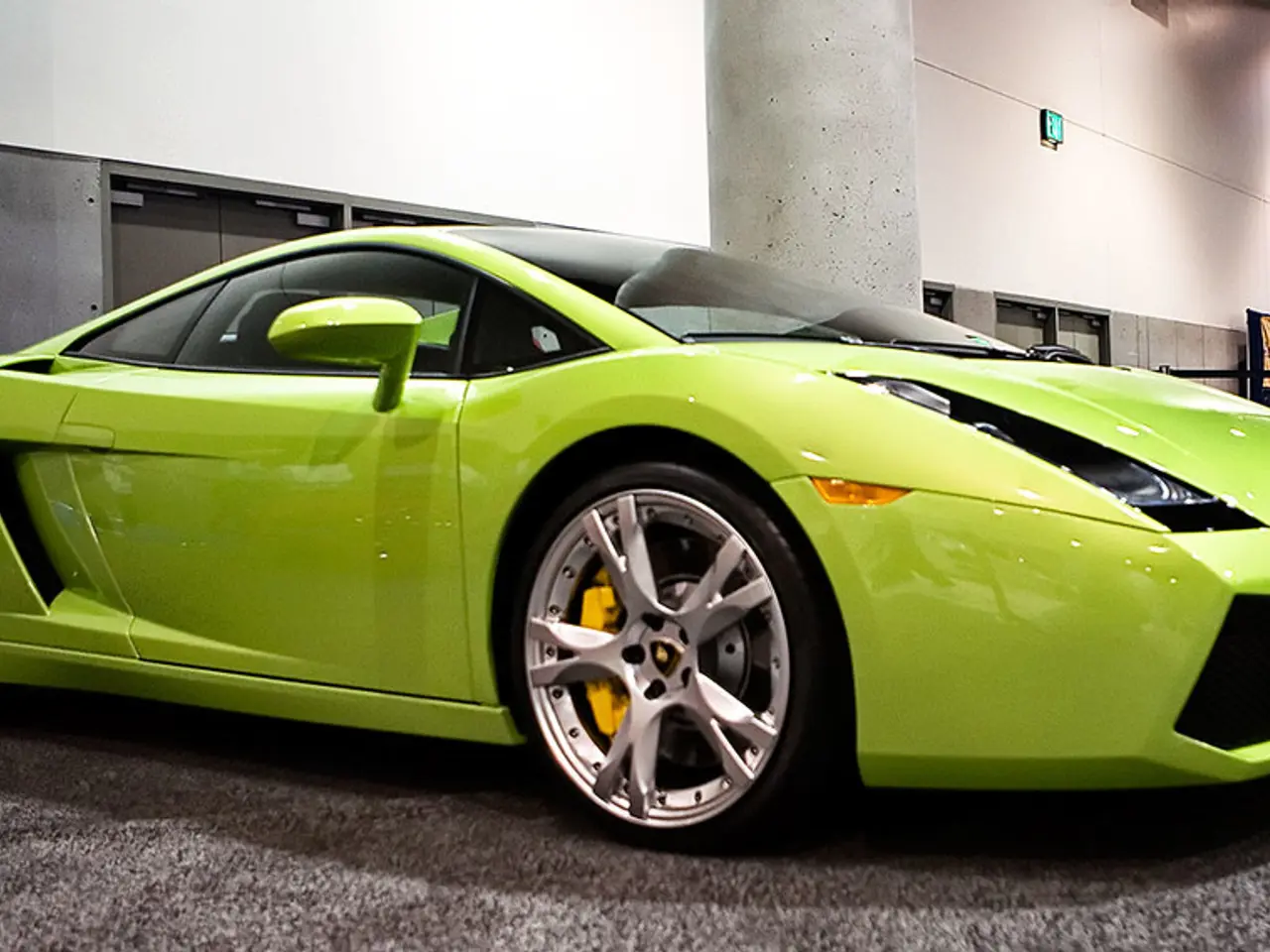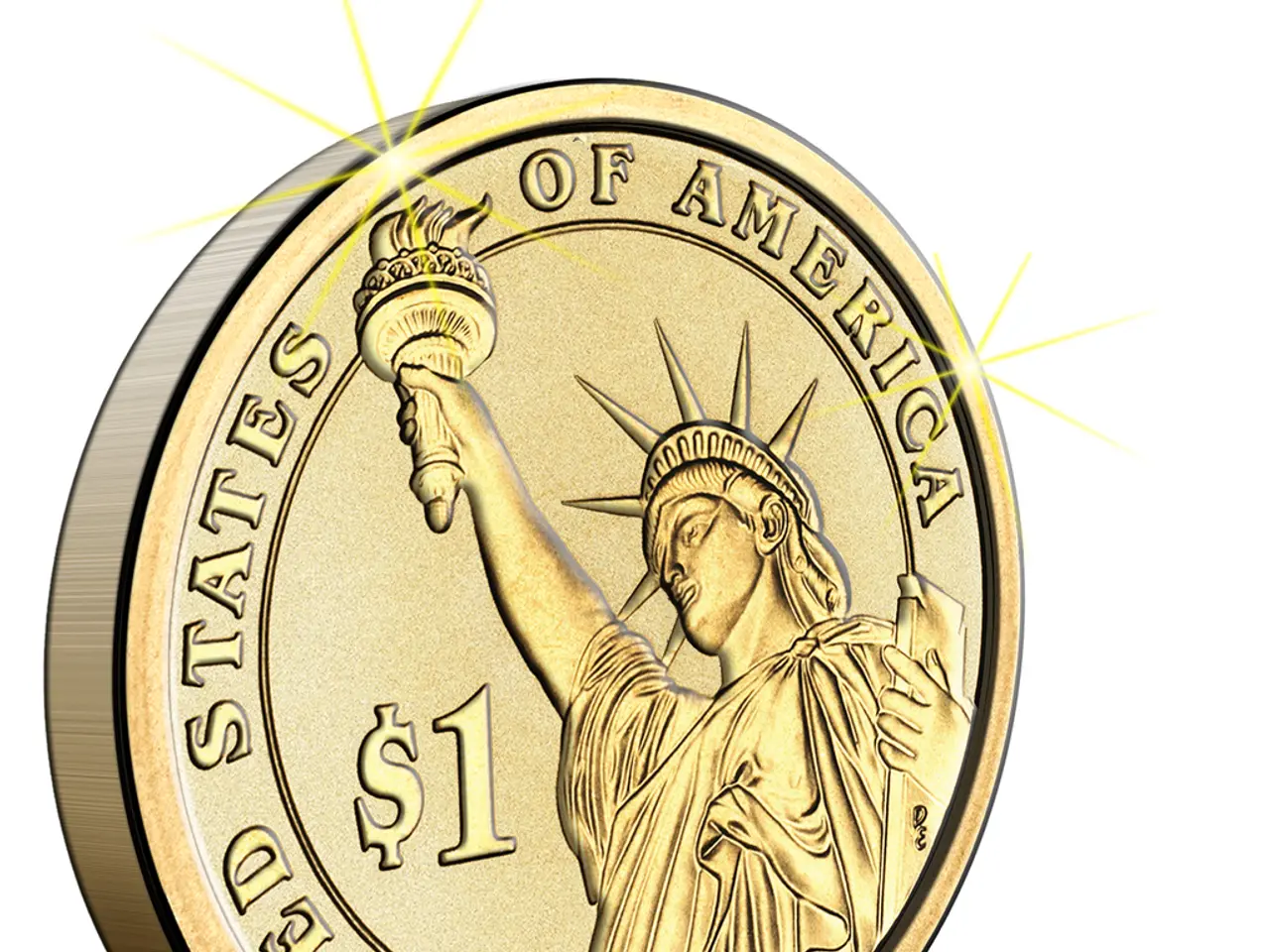China's electric vehicle competition challenges Thailand's domestic manufacturing ambitions
The Thai government's incentive program, designed to boost local electric vehicle (EV) production, is proving challenging for some Chinese EV brands, with Neta being one of the most affected.
The program, which includes tax reductions and subsidies, has stringent local content requirements that require manufacturers to use locally made parts comprising at least 40% of raw material value for battery EVs and 45% for plug-in hybrid EVs to qualify for benefits such as a 2-year 50% corporate income tax reduction.
However, smaller Chinese EV brands like Neta are finding it difficult to meet these local production requirements. Thailand’s incentive scheme requires that domestic EV production in 2024 must match or exceed import volumes; otherwise, manufacturers face fines. Owing to weak domestic car sales and competitive pressures, Neta has failed to meet these production targets.
The Board of Investment (BOI) in Thailand has expanded incentives to increase local content in EV manufacturing, aiming to boost employment and increase the share of EVs in total auto production, targeting at least 30% EVs by 2030 under the "30@30" policy. Major Chinese EV firms, including BYD and others, have established assembly plants in Thailand with significant employment of Thai nationals and plans to increase local parts usage to around 90% eventually, although currently it is between 40-60%.
In an effort to avoid oversupply and give automakers more time to comply, the BOI granted extensions to local production timelines in late 2024. However, the new requirements impose a higher production ratio of 1.5 times imports this year. Neta’s difficulties are attributed mainly to the financial struggles of its parent company rather than Thai policy flaws, according to authorities and industry insiders.
A complaint filed by 18 Neta dealers in Thailand seeks to recover over 200 million baht (US$6.17 million) of allegedly unpaid debt. The complaint details issues with Neta's ability to meet the requirements of Thailand's government incentive program for EV production, including missed payments and failed promises related to building showrooms and after-sales service.
It is worth noting that the complaint does not specify whether the unpaid debt and missed payments are related to the government incentive program or other business operations. Additionally, the complaint does not provide updates on the Thai government's adjustments to the incentive program due to difficulties faced by carmakers.
Saravut Khunpitiluck, a Neta dealership owner, has stopped ordering more cars from Neta since September due to perceived issues. He is currently suing Neta.
Neta, among the earliest Chinese EV brands to enter Thailand in 2022, is an example of a struggling automaker. The Thai government incentive program exempts carmakers from import duties, but requires them to match import volumes with domestic production by 2024. Due to slowing sales and tightening credit conditions faced by carmakers, the Thai government has granted a rollover of the 2024 production shortfall to the current year.
Despite Neta's struggles, the Thai government remains committed to promoting EV manufacturing and maintaining supportive policies. The government's efforts to boost local EV production and the challenges faced by brands like Neta serve as a testament to the evolving landscape of the Thai EV industry, where larger Chinese firms like BYD are faring better under these policies.
The Thai government's incentive program necessitates EV manufacturers to meet local production requirements to qualify for benefits, but smaller Chinese brands like Neta are finding it challenging due to these stringent regulations. The program requires domestic EV production in 2024 to match or exceed import volumes, and Neta has failed to meet these targets, leading to issues with dealers and unpaid debts. The government's expanded incentives aim to boost local content in EV manufacturing and increase EV market share, with major Chinese firms like BYD already establishing assembly plants in Thailand.




